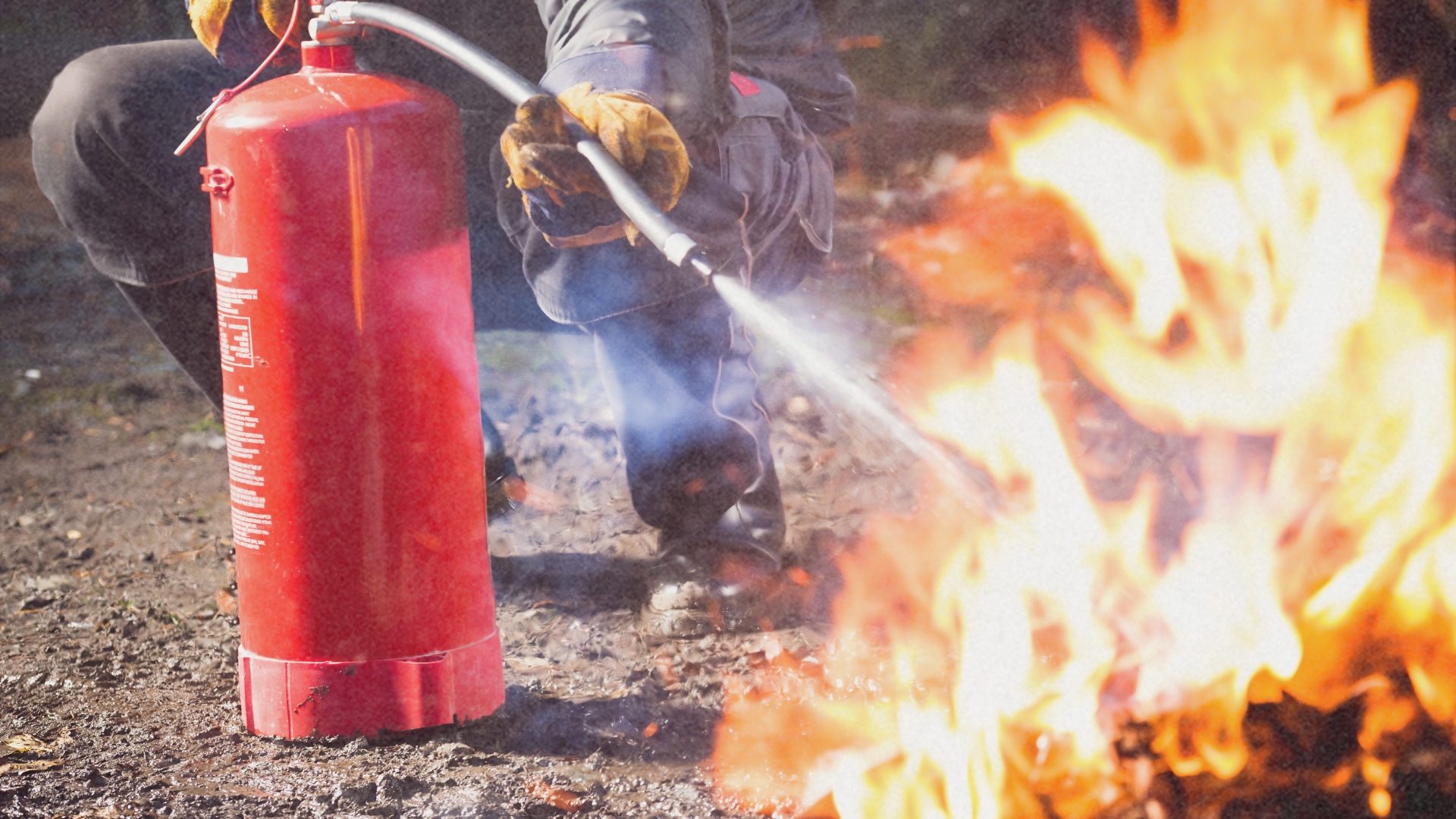Although a number of security agencies provide adequate training for their guards, I would dare say that majority of security service providers pursue guard training only ‘for compliance’. A primordial reason for this lack of interest in security training by employers is economic in nature. Security is also business. Training is a cost item that impacts the bottom line. Service providers in the security industry compete against one another and to many of these players, lesser costs spell the difference between surviving the industry and leaving it. And even when training is conducted, around half of the cost of training is charged against the individual guard in order to sustain the competitiveness of his employer. The employer cannot avoid the conduct of training which is required by law and regulated as such. The employee-guard, on the other hand, is only too happy to still have a job and therefore obliges with the additional deductions against his already meager salary. After all, the training is supposed to add to his professional skills anyway!
The quantity and quality of training is yet another story. Training is three-dimensional. It includes the provision of relevant knowledge, sufficient skills, and the right attitude needed to accomplish the essential tasks. Anything less is inadequate. And dangerous. Much too often we hear about guard training that occurs only during reenlistment because it is part of the requirements. The reenlistment cycle is three years so the training is much too rare for a guard who is supposed to safeguard a client company’s employees and its properties. What about the duration of security guard training? The same thing! Often we learn about training that lasts for half a day and is supposed to arm a guard when he gets deployed to a client for months or years on end. If there is marksmanship, the rounds are never enough to at least enable a guard to hit his target! I know. I have observed such training and hindsight now teaches me that in order to up the skill standards of one’s security partners the client company must also invest in their additional training. But how many client companies provide such complimentary training to their security service providers?
Needless to say, training is vital to the accomplishment of the task or mission. This fundamental truth does not only apply to security guards but to all professionals. Companies routinely provide the training that will empower employees to perform the tasks needed either to manufacture a product or distribute it. If the mainstream departments and divisions do training (and they must do it or perish), then why not a critical enabling function like security? And when I say training, I mean quality training — the stuff that differentiates between staying in business or losing out to the competition.
Quality training is also a key challenge to the regulators including the government agency that is in charge of overseeing that the private security industry is a competent industry. Again, all too often we hear about ‘short-cuts’ in the granting of permits for providers to operate which includes the provider’s ability to deploy adequately trained guards.
Finally, security guard training definitely impacts the client company. Much too often I have seen guards who may be good at catching the petty thieves, for instance, but not the major ones. Here, the quality of guards, empowered by adequate training or not, become manifest. Untrained or ill-trained guards may still be able to apprehend the petty thief who pilfers small items but are unable to catch the sophisticated, professional criminals who steal significant amounts of company property despite existing security systems, human and or technical. I always tell my guards that the petty criminals constitute the 99% of threats faced by the security industry but that there is also the 1% determined threat who can only be caught by the trained and experienced guard.





